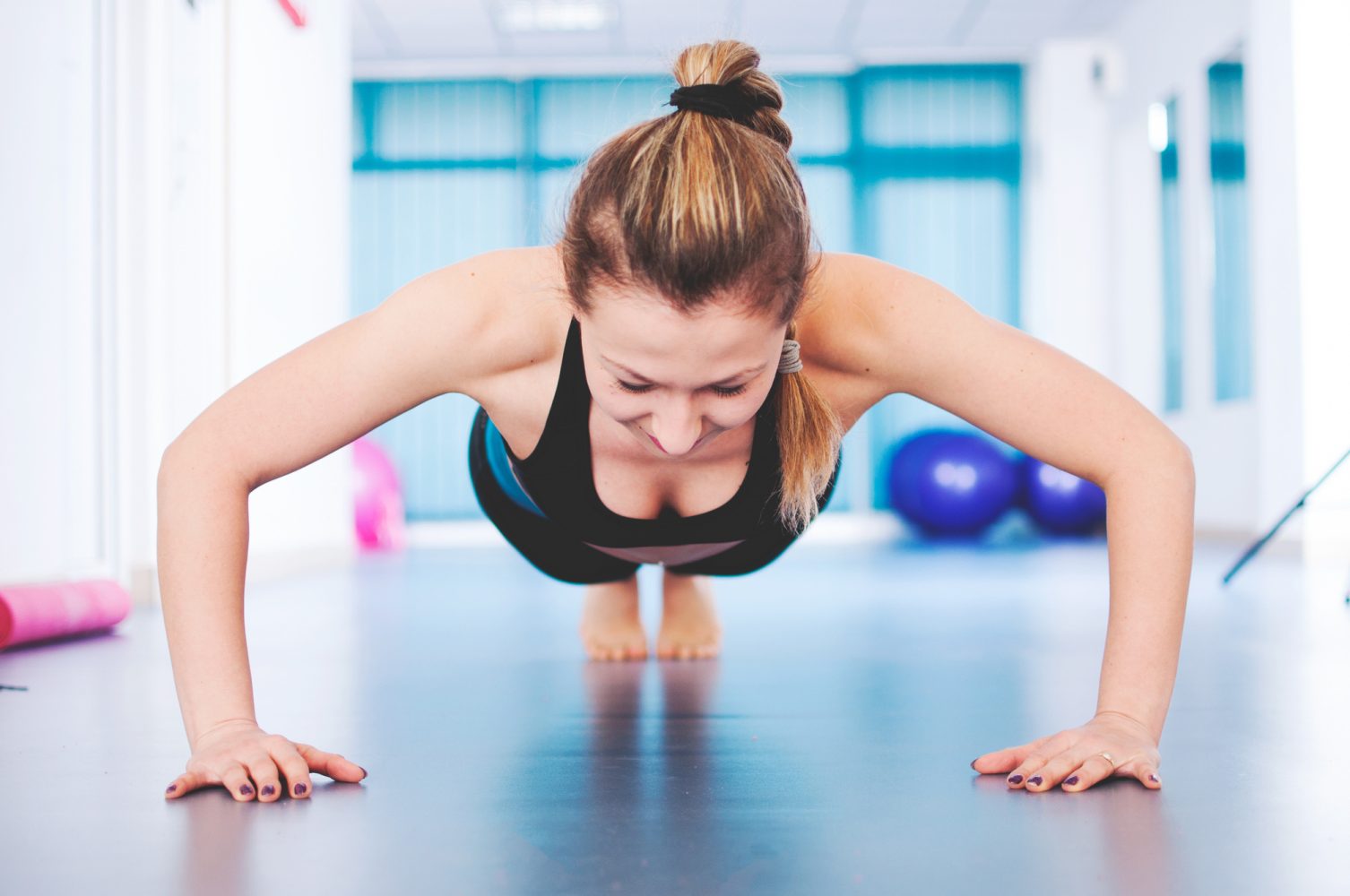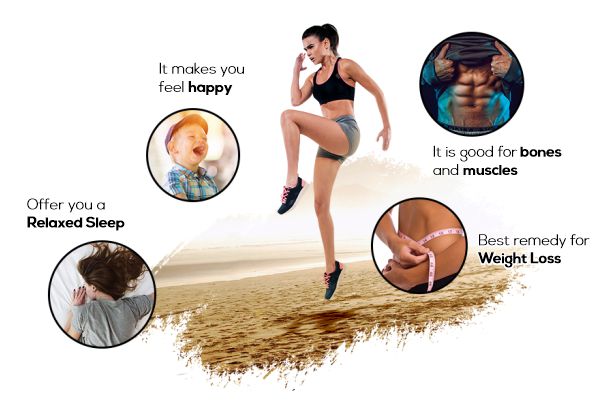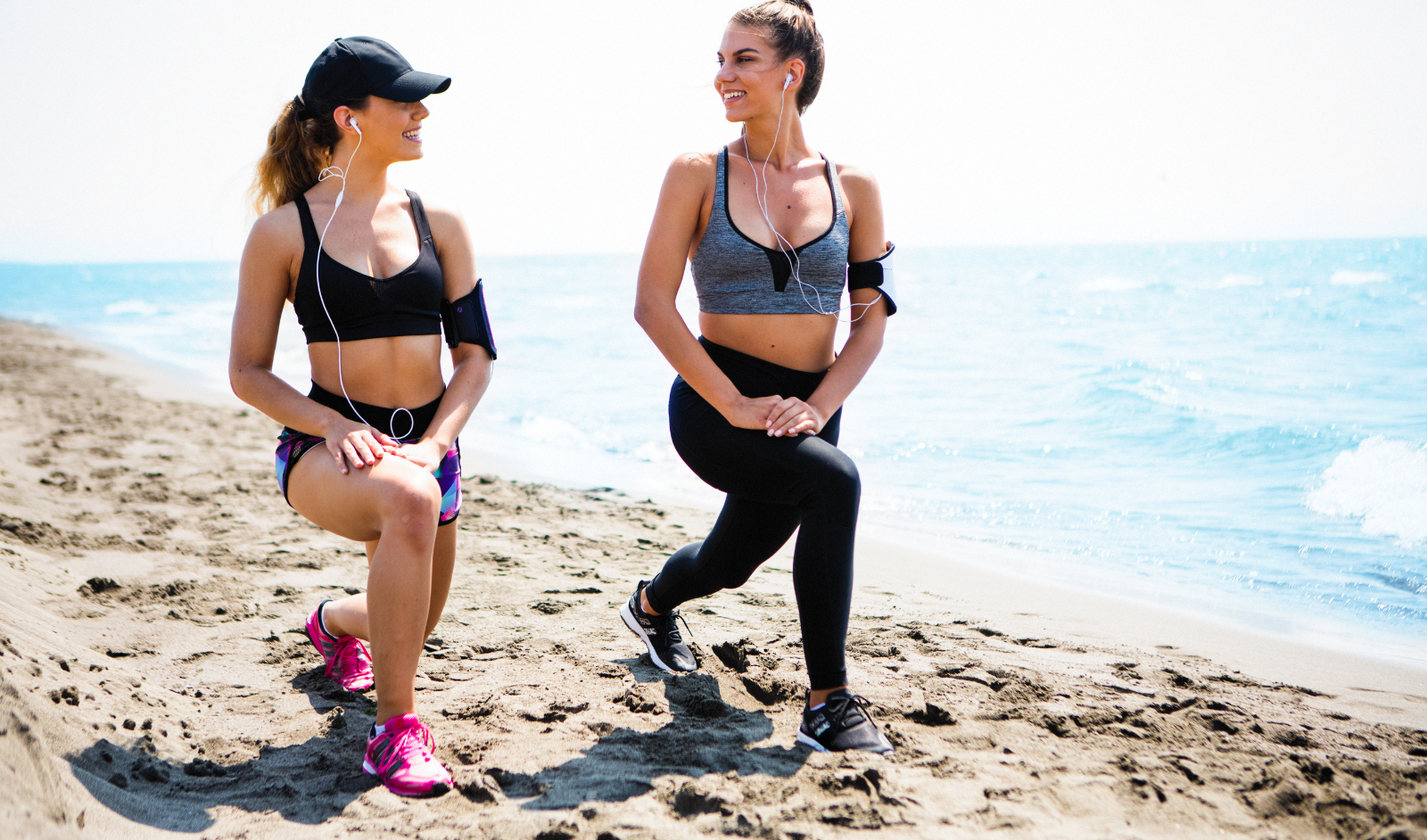Health and fitness are two words you often hear together, but what do they really mean? Why are they so important? In simple terms, health is about how well your body and mind function, while fitness is about your ability to do physical tasks or exercise. Together, they form the foundation of a good, happy life.
In this guide, we’ll explore what health and fitness are, why they matter, and how you can improve both with simple habits. Whether you’re just getting started on your journey to wellness or you’re looking for ways to boost your current routine, this article will break everything down into easy-to-understand language.
What is Health?
When people talk about health, they usually think of it as the absence of illness. If you’re not sick, you’re healthy, right? Well, health is more than just not being sick. It’s about the overall condition of your body and mind. Good health means your body is working as it should, and you’re feeling well, both physically and mentally.
There are three key aspects to health:
Physical Health: This means your body is functioning properly. You’re free from diseases or injuries, your organs are working well, and you can do daily activities without feeling pain or discomfort. Eating healthy foods, exercising, getting enough sleep, and seeing a doctor for regular checkups are all important for physical health.
Mental Health: Mental health refers to how you feel emotionally and how you handle stress, anxiety, or depression. A person with good mental health can manage their emotions, build healthy relationships, and handle life’s ups and downs. Activities like meditation, spending time with loved ones, or even taking breaks from stressful situations can improve mental health.
Social Health: This is about how you interact with other people. Good social health means you have positive relationships and can communicate effectively with those around you. Humans are social creatures, and having a support system can improve both mental and physical health. Friendships, family connections, and healthy interactions at work or school contribute to social well-being.
Together, these three parts form your overall health. If one area is off balance, it can affect the others. For example, if you’re stressed out at work, your mental health might suffer, which could lead to physical issues like headaches or a weakened immune system.
What is Fitness?

Fitness is the ability to perform tasks and activities with ease. It’s not just about being able to run fast or lift heavy weights, but about how well your body can function in everyday life. There are different types of fitness, but they all contribute to how well you can move and function.
The main types of fitness include:
Cardiovascular Fitness: This is how well your heart and lungs work to supply your muscles with oxygen during exercise. The stronger your cardiovascular system, the more you can do without getting tired. Activities like walking, running, swimming, or cycling improve cardiovascular fitness.
Muscular Strength: This refers to how strong your muscles are and how much force they can generate. Strength training exercises like lifting weights, doing push-ups, or using resistance bands help build muscle strength.
Muscular Endurance: While muscular strength is about how much force your muscles can generate, endurance is about how long your muscles can work before they get tired. For example, being able to hold a plank for a minute requires muscular endurance.
Flexibility: Flexibility is the range of motion you have in your joints and muscles. It allows you to move freely and comfortably without pain. Stretching exercises, yoga, or Pilates can improve flexibility.
Body Composition: This refers to the ratio of fat to muscle in your body. Having a healthy body composition means you have a lower percentage of body fat and a higher percentage of lean muscle mass.
All of these types of fitness are important for your overall well-being. You don’t need to be a professional athlete to be fit. It’s about finding a balance that works for your lifestyle and goals.
Why Are Health and Fitness Important?

Health and fitness are crucial because they directly impact the quality of your life. When you’re healthy and fit, you have more energy, can handle stress better, and are less likely to develop chronic diseases like heart disease, diabetes, or obesity. Here’s why both matter:
Physical Health: Being in good physical health helps you live longer and reduces the risk of illness. It allows you to do everyday activities without discomfort, whether it’s walking up stairs, carrying groceries, or playing with your kids.
Mental Well-being: Regular exercise and healthy habits improve mental health. Physical activity releases chemicals in the brain like endorphins that make you feel good. It also reduces symptoms of depression and anxiety.
Energy and Stamina: When you’re fit, you have more energy to get through the day. You won’t feel as tired after work or during physical activities. This can lead to more productivity and enjoyment in life.
Prevention of Chronic Diseases: Regular exercise and a healthy diet can prevent many chronic diseases such as heart disease, diabetes, and some types of cancer. Staying active keeps your heart strong, helps regulate blood sugar levels, and supports a healthy immune system.
Better Sleep: People who are active and healthy tend to sleep better. Exercise helps regulate your sleep cycle, making it easier to fall asleep and wake up refreshed.
Improved Quality of Life: Being healthy and fit improves every aspect of your life. You can enjoy more activities, have better relationships, and feel good about yourself.
How to Improve Health and Fitness?

Improving health and fitness doesn’t have to be complicated. You don’t need to spend hours at the gym or eat a perfect diet to see results. Small, consistent changes can make a big difference. Here are some simple ways to get started:
1. Eat a Balanced Diet
What you eat plays a huge role in your overall health. A balanced diet includes a variety of foods that give your body the nutrients it needs to function properly. This means eating plenty of fruits, vegetables, whole grains, lean proteins, and healthy fats.
Some tips for improving your diet include:
Eat more fruits and vegetables: They provide essential vitamins, minerals, and fiber. Try to fill half your plate with vegetables at every meal.
Choose whole grains: Foods like brown rice, oats, and whole wheat bread are better for you than refined grains.
Limit processed foods: These are often high in sugar, unhealthy fats, and empty calories. Try to cook at home more often, using fresh ingredients.
Stay hydrated: Drinking enough water is key to good health. Aim for 8 glasses a day.
2. Move More
Exercise is essential for fitness. You don’t need a complicated workout plan to be active. Even small amounts of physical activity can improve your health. Here are some ways to add more movement to your day:
Take the stairs instead of the elevator.
Walk or bike to nearby places instead of driving.
Do household chores like cleaning or gardening, which can count as physical activity.
Join a fitness class or find a workout video online that you enjoy.
Aim for at least 150 minutes of moderate-intensity exercise each week. This can be anything from brisk walking to dancing or swimming.
3. Get Enough Sleep
Sleep is just as important as diet and exercise. Your body needs rest to recover and recharge. Without enough sleep, you’re more likely to feel tired, stressed, and less motivated to stay active. Most adults need about 7-9 hours of sleep each night.
To improve your sleep quality:
Set a consistent sleep schedule by going to bed and waking up at the same time every day.
Create a relaxing bedtime routine: Avoid screens (like phones or TVs) at least an hour before bed. Try reading, meditating, or taking a warm bath to wind down.
Make your bedroom comfortable: Keep it cool, quiet, and dark to create a better sleep environment.
4. Manage Stress
Stress is a part of life, but too much stress can harm your health. Learning how to manage stress can improve your mental and physical well-being. Here are some strategies:
Practice relaxation techniques like deep breathing, meditation, or yoga.
Take breaks during the day to clear your mind and relax.
Talk to someone: Whether it’s a friend, family member, or therapist, talking about your stress can help you feel better.
5. Stay Consistent
The key to improving health and fitness is consistency. Making small changes and sticking with them over time will lead to lasting results. You don’t have to be perfect—it’s okay to have days when you skip a workout or eat something unhealthy. What matters is getting back on track and staying committed to your goals.
Conclusion
Health and fitness are essential for living a full and happy life. By taking care of your body and mind, you can prevent illness, boost your energy levels, and improve your overall quality of life. Remember, it’s not about doing everything perfectly. Small, simple changes like eating healthier, moving more, and managing stress can make a big difference. The journey to better health and fitness is a lifelong one, and every step you take brings you closer to a healthier, happier you.
FAQs
1. What is the difference between health and fitness?
Health refers to the overall condition of your body and mind, including physical, mental, and social well-being. Fitness specifically relates to your ability to perform physical activities and exercise, such as cardiovascular endurance, muscular strength, and flexibility. In short, health is broader, while fitness is more focused on physical activity.
2. How can I start being healthier?
You can start by making small changes in your daily routine. Begin by incorporating more fruits and vegetables into your meals, staying hydrated, and moving more throughout the day. Aim for at least 30 minutes of physical activity most days of the week, and prioritize getting enough sleep.
3. Do I need to go to the gym to get fit?
No, you don’t need to go to a gym to be fit. There are many ways to stay active at home or outdoors. Activities like walking, jogging, dancing, gardening, or doing bodyweight exercises (like push-ups and squats) can help you improve your fitness without a gym membership.
4. How much exercise do I need each week?
The general recommendation for adults is to aim for at least 150 minutes of moderate-intensity aerobic activity (like brisk walking) or 75 minutes of vigorous-intensity activity (like running) each week. This can be spread out over the week. Additionally, it’s beneficial to include strength training exercises for all major muscle groups at least twice a week.
5. What are some easy ways to eat healthier?
Eating healthier can be simple. Here are a few tips:
Include more fruits and vegetables in your meals.
Choose whole grains instead of refined grains.
Opt for lean proteins like chicken, fish, beans, and nuts.
Limit sugary drinks and snacks, and try to drink more water.
Prepare meals at home to control ingredients and portion sizes.
6. How can I improve my mental health?
Improving your mental health can involve various strategies, including:
Practicing mindfulness or meditation.
Engaging in regular physical activity.
Spending time with friends and family.
Seeking professional help if you’re feeling overwhelmed or struggling with mental health issues.
Taking breaks and making time for activities you enjoy.
7. Is it normal to have days when I don’t feel motivated?
Yes, it’s completely normal to have days when you lack motivation. Everyone experiences ups and downs. On those days, try to do something small, like a short walk or some stretching, to keep moving. It’s essential to listen to your body and rest when needed, but finding ways to stay consistent with your healthy habits is also important.
8. Can stress affect my physical health?
Absolutely. Chronic stress can lead to various physical health issues, including headaches, digestive problems, heart disease, and a weakened immune system. Managing stress through relaxation techniques, exercise, and social support is crucial for maintaining both mental and physical health.
9. How can I make fitness a part of my daily routine?
To make fitness a part of your daily routine, try the following:
Schedule your workouts just like any other appointment.
Choose activities you enjoy to make exercise fun.
Break workouts into shorter sessions if you’re short on time.
Find a workout buddy to help keep you accountable and motivated.
Incorporate physical activity into daily tasks, like taking the stairs or walking during breaks.
10. What should I do if I have a medical condition?
If you have a medical condition, it’s essential to consult with a healthcare professional before starting any new exercise or diet program. They can provide personalized advice based on your condition and help you find safe and effective ways to improve your health and fitness.



